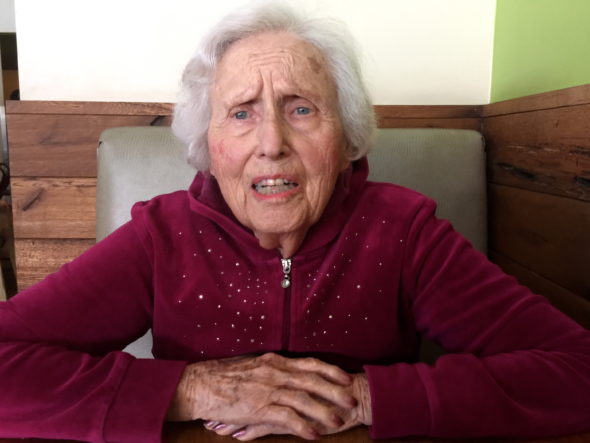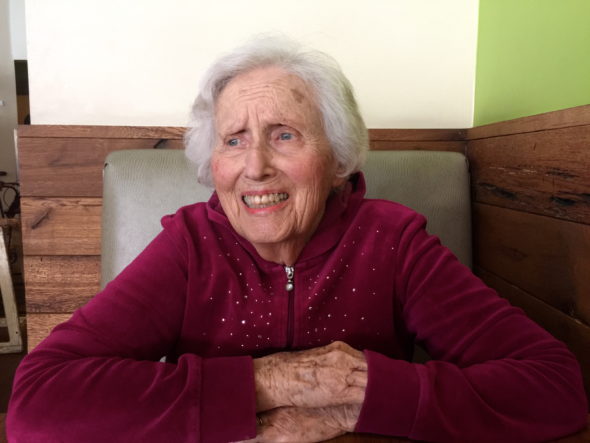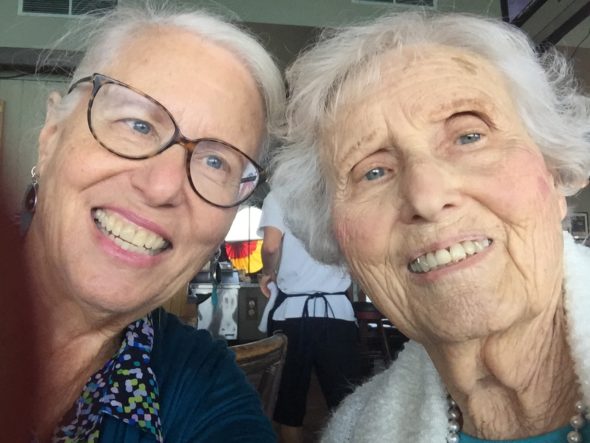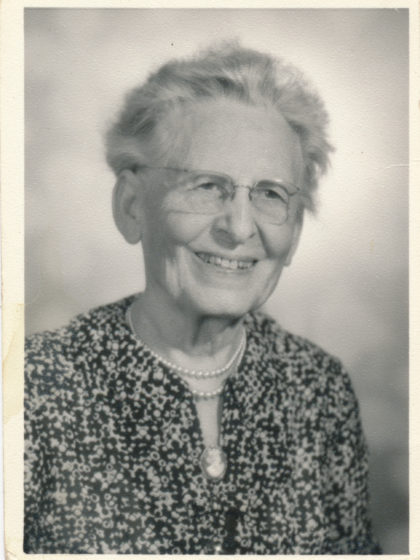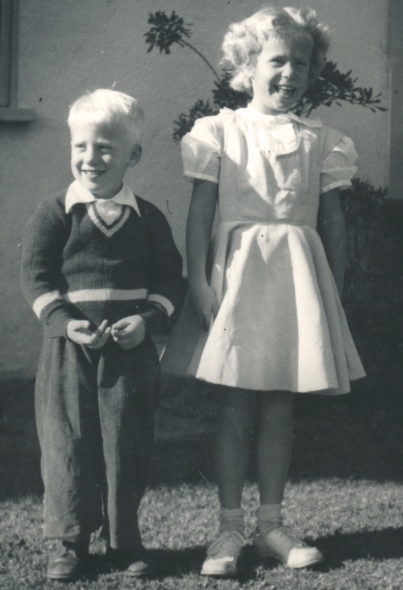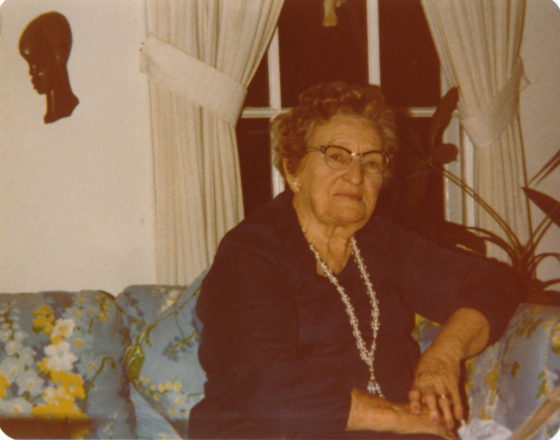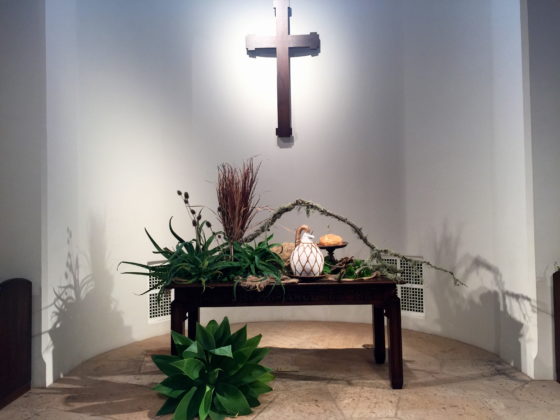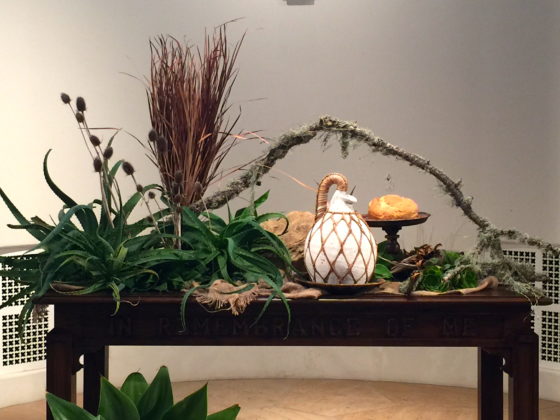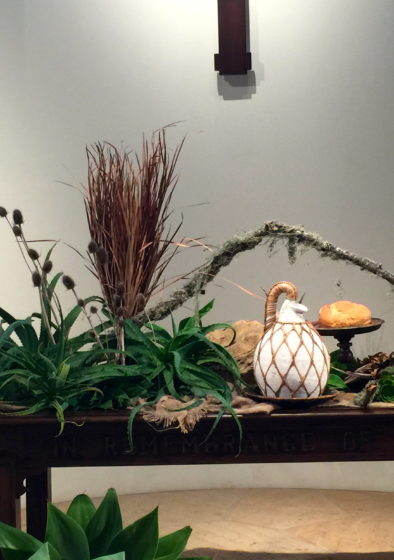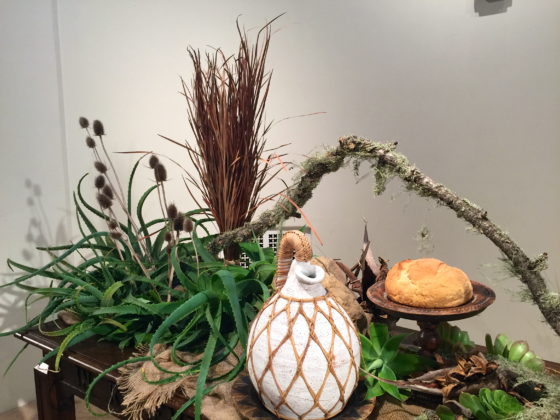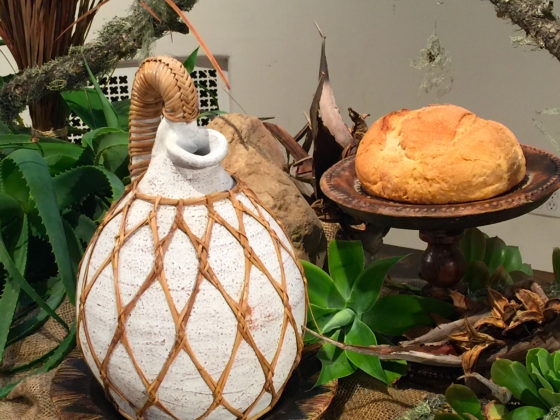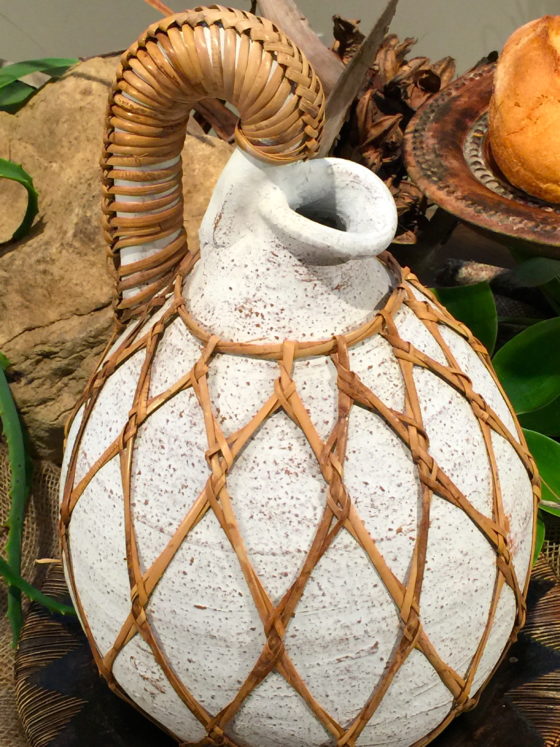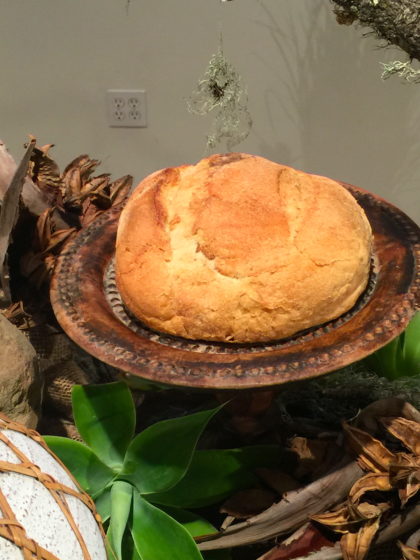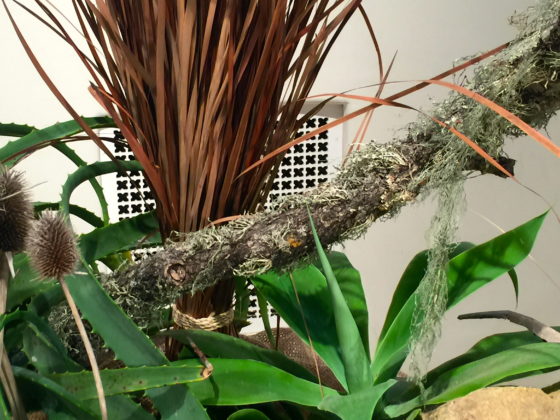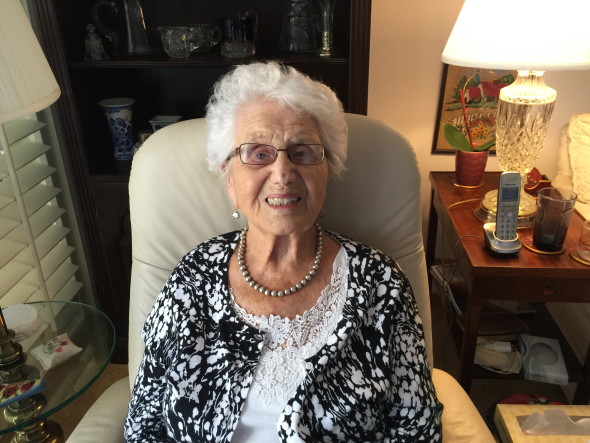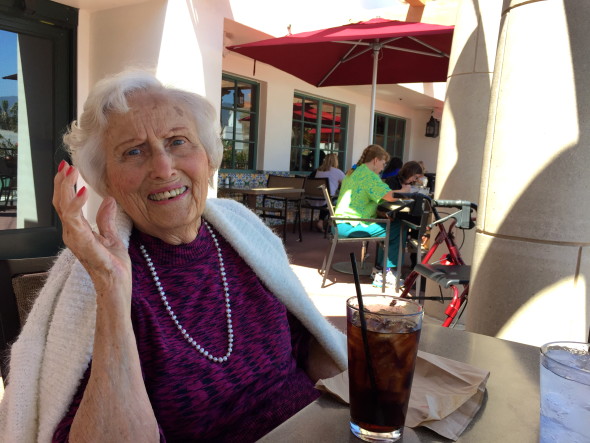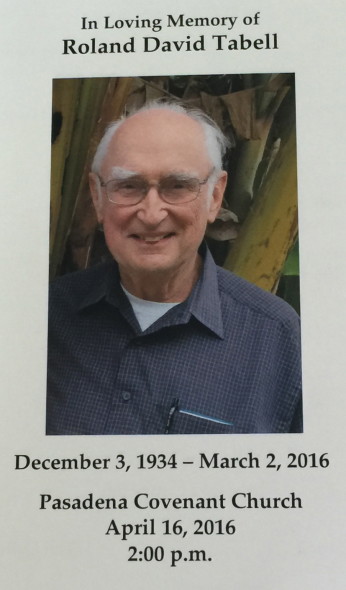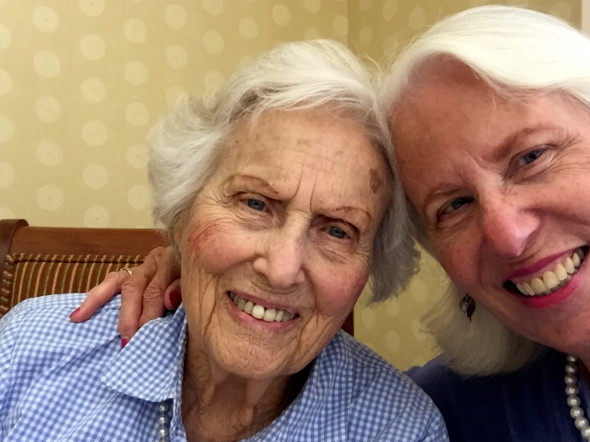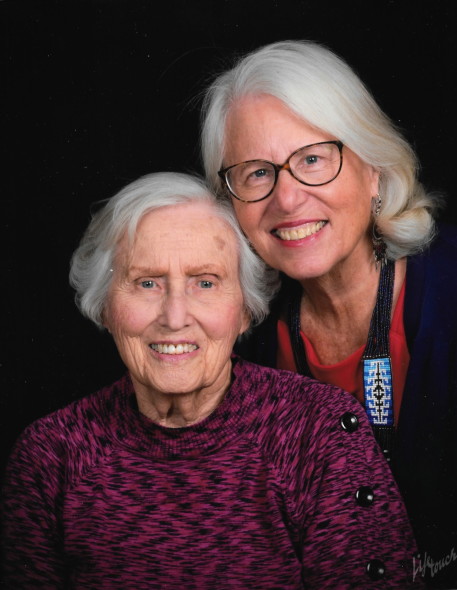The song of the week, that’s what it is. Each week, when I take my Mama out to lunch, she sings a song of one kind or another. About a month ago, it was, “I Don’t Know Why I Love You Like I Do.” Two weeks before that it was, ” Life Is Like a Mountain Railway.” I never know what tune will show up and it is always intriguing to see how often she sings it during our 90 minutes together twice each week.
Do you remember it? I didn’t, until she started to sing it. And she got all of these words, too:
Zip-A-Dee-Doo-Dah
Zip-A-Dee-AMy oh my, what a wonderful day
Plenty of sunshine heading my way
Zip-A-Dee-Doo-Dah
Zip-A-Dee-AMister bluebird on my shoulder
It’s the truth
It’s actual
Everything is satisfactualZip-A-Dee-Doo-Dah
Zip-A-Dee-A
Wonderful feeling
Wonderful day— by Allie Wrubel and Ray Gilbert, for Disney’s 1946 film, “Song of the South”
I’m telling you, friends, you haven’t lived until you’ve heard a lovely, frail 95-year-old, dementia-stricken woman singing that song with all her heart, especially that line about the bluebird. Something about the word ‘satisfactual‘ spilling out of her just undoes me.
Because so much of her life is anything but satisfactual, isn’t it? At least, as we are trained by our culture and our own life experience to understand what a satisfying life looks like.
I miss so much about the mom-that-used-to-be — I miss sharing good books and conversation, I miss making fudge when we’re feeling in need of a pick-me-up, I miss watching her ride the southern California waves on a boogie board, I miss her sharp insights into people and situations. Yeah, all those things are no more. That is true.
But. BUT. As hard as it is to walk this road, as tired as I frequently get by the constant repetition and confusion (as this post loudly attests), beauty remains.
Snippets of today’s conversation:
“Oh, I am so glad you called on me and are taking me out for a drive!”
“Isn’t this a beautiful city?”
“I just love to go driving!”
“Do you think I might bring my parents here someday? (Meaning her caregivers, I have finally figured out!)
“You are such a wonderful person, so kind to me and so beautiful, too.”
“Thank you, thank you so much for this beautiful day!”
And in and around it all was that gloriously silly song.
Kinda made my day.
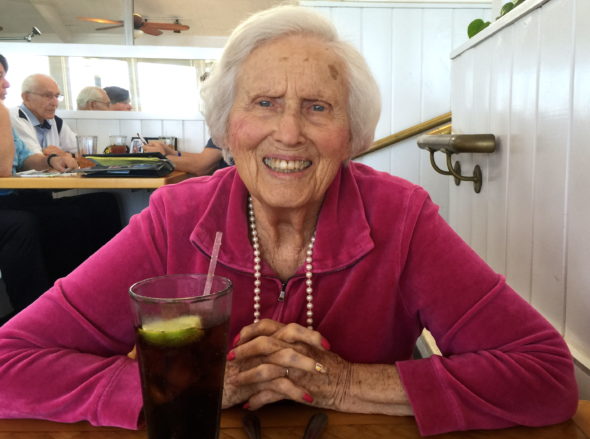

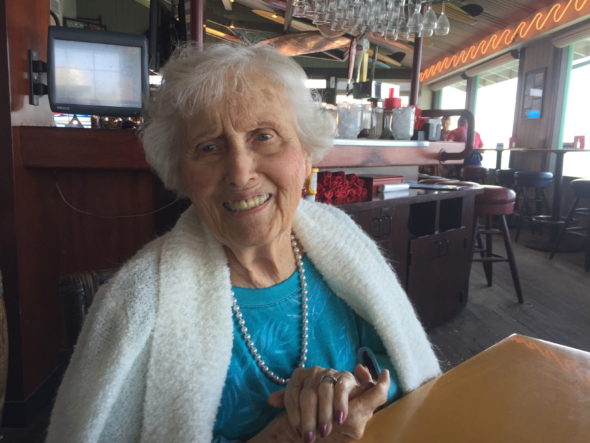 You know, it’s just lunch. Simple, right? I get in the car, I drive over to Mom’s care facility, I punch in the magic code to open the door, I gather her up, confused and beautiful as she is, I open the door so we can both go out into the sunshine.
You know, it’s just lunch. Simple, right? I get in the car, I drive over to Mom’s care facility, I punch in the magic code to open the door, I gather her up, confused and beautiful as she is, I open the door so we can both go out into the sunshine.